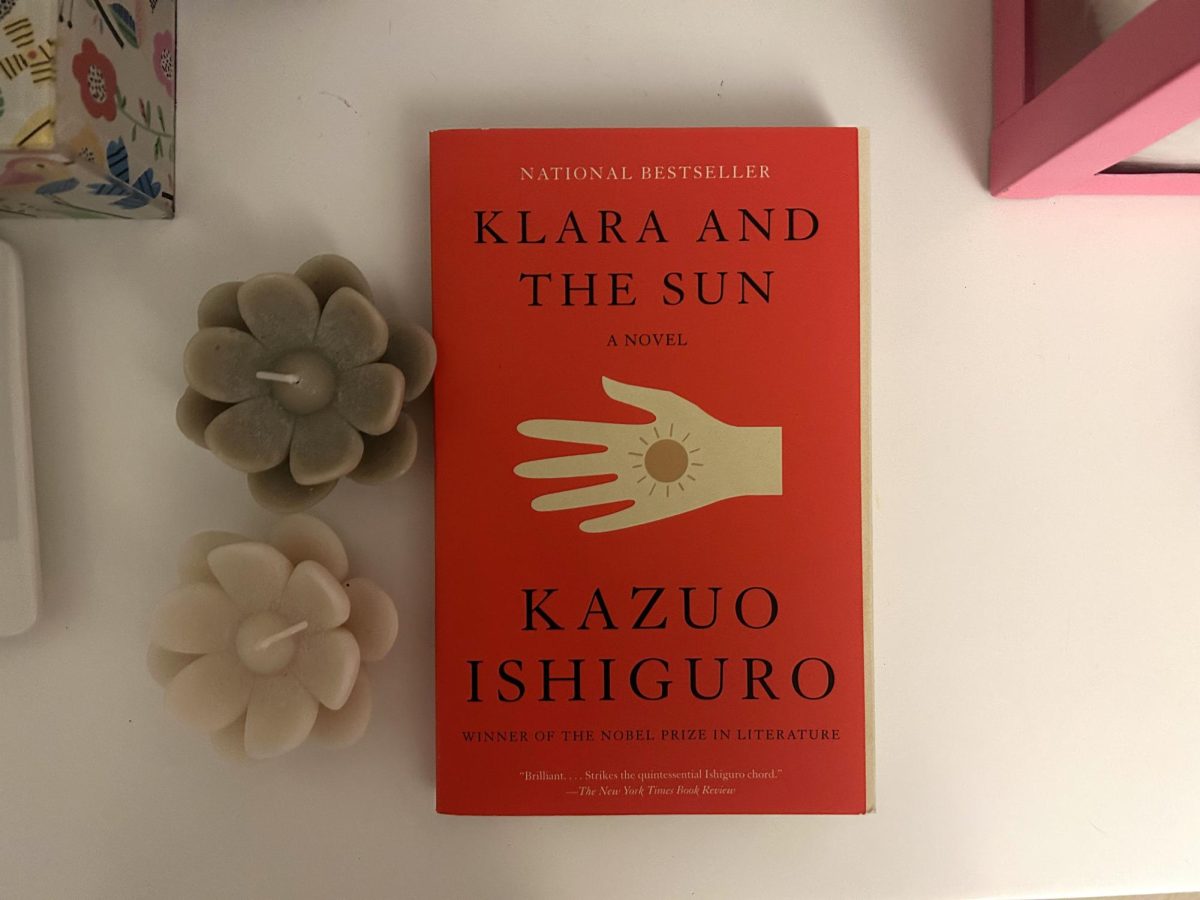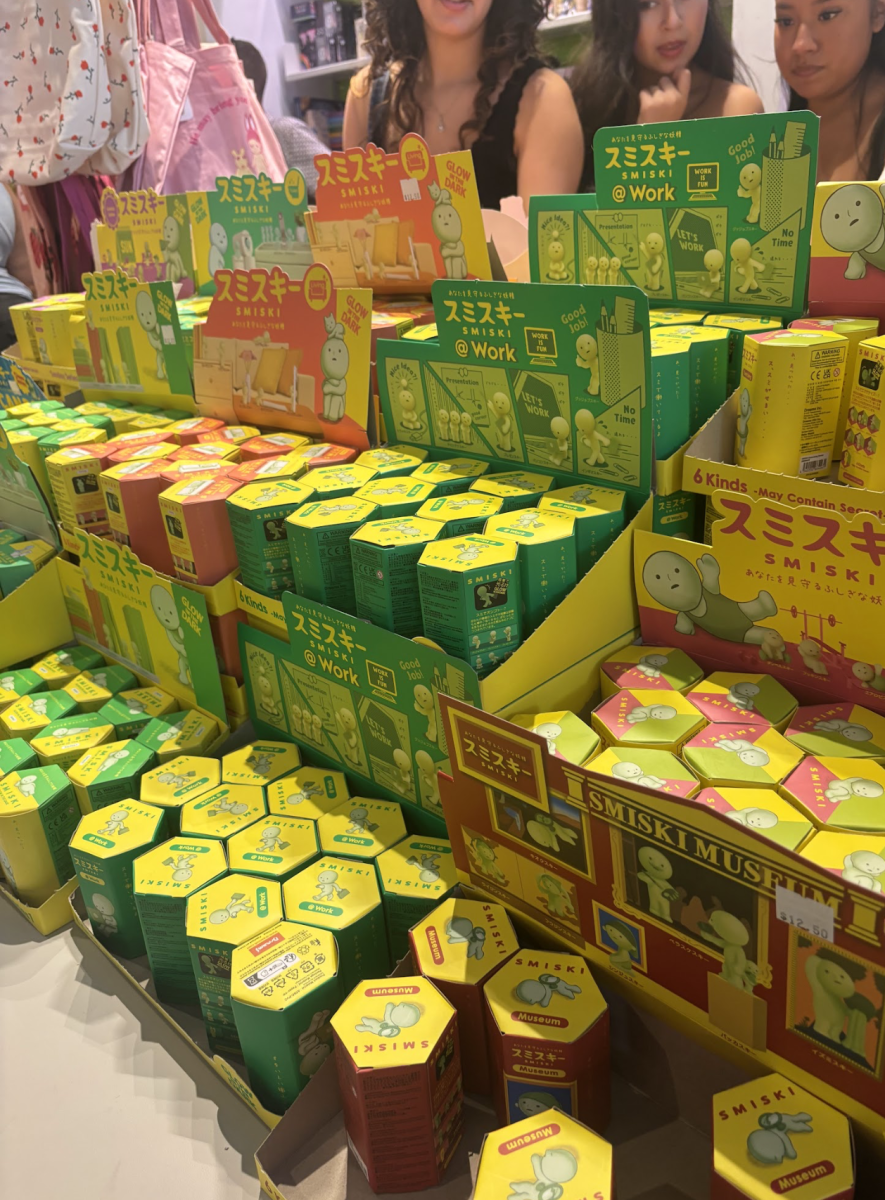“Klara and the Sun” was published in early 2021 by Japanese author Kazuo Ishiguro to much acclaim. The story, about the love and abandonment of an eerily-human “Artificial Friend,” Klara, purchased to accompany Josie, a child that’s been left chronically ill after a procedure to enhance her intelligence, doesn’t need interpretation for one to see how applicable it is to our increasingly modern world. But, also on account of the book’s wonderful prose and heartbreakingly human characters, it’s one that I also find myself wanting to read again and again.
“Klara and the Sun,” to me, is the perfect balance between thought-provoking and easy to read, with language that reads smoothly but also seems to always snag something in your mind on the way down. As we acquaint ourselves with Klara and Josie and watch them grow up (Klara, learning the world of humans and its love and loss, and Josie, literally growing older and all the while sicker), it becomes clear that the story is not only a metaphor for the dangers of technology and unfettered progress but the naivety that we all still hold even as we tangle with the future.
In the beginning of the plot, questions naturally surround Josie’s mysterious “lifting” procedure, which is vaguely mentioned to increase intelligence and chances of success, but instead resulted in her lifelong illness and the death of her brother, and Klara’s strange position as a household robot that seems to have an empathy and capacity for love deeper than any of those around her. Part of the beauty of “Klara and the Sun” is that almost none of these questions are ever literally answered. Instead, Ishiguro masterfully guides the reader onto a completely different set of conclusions: he transposes the human reader into the position of robot Klara, one where we are painfully naive and exposed, holding only love as a torch to the darkness of forces that totally overwhelm us.
In this sense, “Klara and the Sun” explores the relationship between human and machine from a point of view that’s upside-down. Where we would normally assume to be Josie and her family, those who are in control yet still frail, we are instead Klara, that which initially appears to be infallible but instead finds itself at the disposal of a greater power. Klara, once fearing not having a human family to be a part of, finds herself instead growing to fear becoming redundant, losing her worth and being thrown away.
Whether or not you’re looking for a deeper look into empathy and human emotion or a different perspective on the issues of AI and human ability that plague today, “Klara and the Sun” is a brilliant and refreshing read, and an excellent emotional palate cleanser (that is, once you get over the crying).







